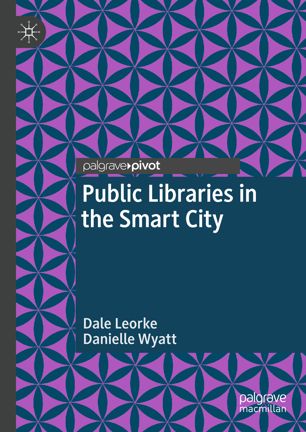

Most ebook files are in PDF format, so you can easily read them using various software such as Foxit Reader or directly on the Google Chrome browser.
Some ebook files are released by publishers in other formats such as .awz, .mobi, .epub, .fb2, etc. You may need to install specific software to read these formats on mobile/PC, such as Calibre.
Please read the tutorial at this link: https://ebookbell.com/faq
We offer FREE conversion to the popular formats you request; however, this may take some time. Therefore, right after payment, please email us, and we will try to provide the service as quickly as possible.
For some exceptional file formats or broken links (if any), please refrain from opening any disputes. Instead, email us first, and we will try to assist within a maximum of 6 hours.
EbookBell Team

4.4
62 reviewsFar from heralding their demise, digital technologies have lead to a dramatic transformation of the public library. Around the world, libraries have reinvented themselves as networked hubs, community centres, innovation labs, and makerspaces. Coupling striking architectural design with attention to ambience and comfort, libraries have signaled their desire to be seen as both engines of innovation and creative production, and hearts of community life.
This book argues that the library’s transformation is deeply connected to a broader project of urban redevelopment and the transition to a knowledge economy. In particular, libraries have become entangled in visions of the smart city, where densely networked, ubiquitous connectivity promises urban prosperity built on efficiency, innovation, and new avenues for civic participation.
Drawing on theoretical analysis and interviews with library professionals, policymakers, and users, this book examines the inevitable tensions emerging when a public institution dedicated to universal access to knowledge and a shared public culture intersects with the technology-driven, entrepreneurialist ideals of the smart city.